B4 Leaders are influential individuals or Organisational representatives from diverse backgrounds, who are appointed as Leaders by the Minister for Education, Children and Youth
Leaders raise awareness of the importance of the early years, especially the First 1000 Days and undertake an annual Action Plan against the B4 goals and objectives.
As part of the governments “It Takes a Tasmanian Village: Child and Youth Wellbeing Strategy”, 2021, membership of the B4 Leaders Group covers the broad nature of the wellbeing framework domains as well as the early childhood education and care sector.
The B4 Leaders group also has three State Government representatives, currently Mellissa Gray, Deputy Secretary, Community Partnerships and Priorities Division, Department of Premier and Cabinet, Suzanne Purdon, Principal Leader – Early Years Partnerships and Projects and Nicole Kinghorn, A/Statewide Nursing Director, Child Health and Parenting Service, Tasmanian Health Service.
- Read more about Gail
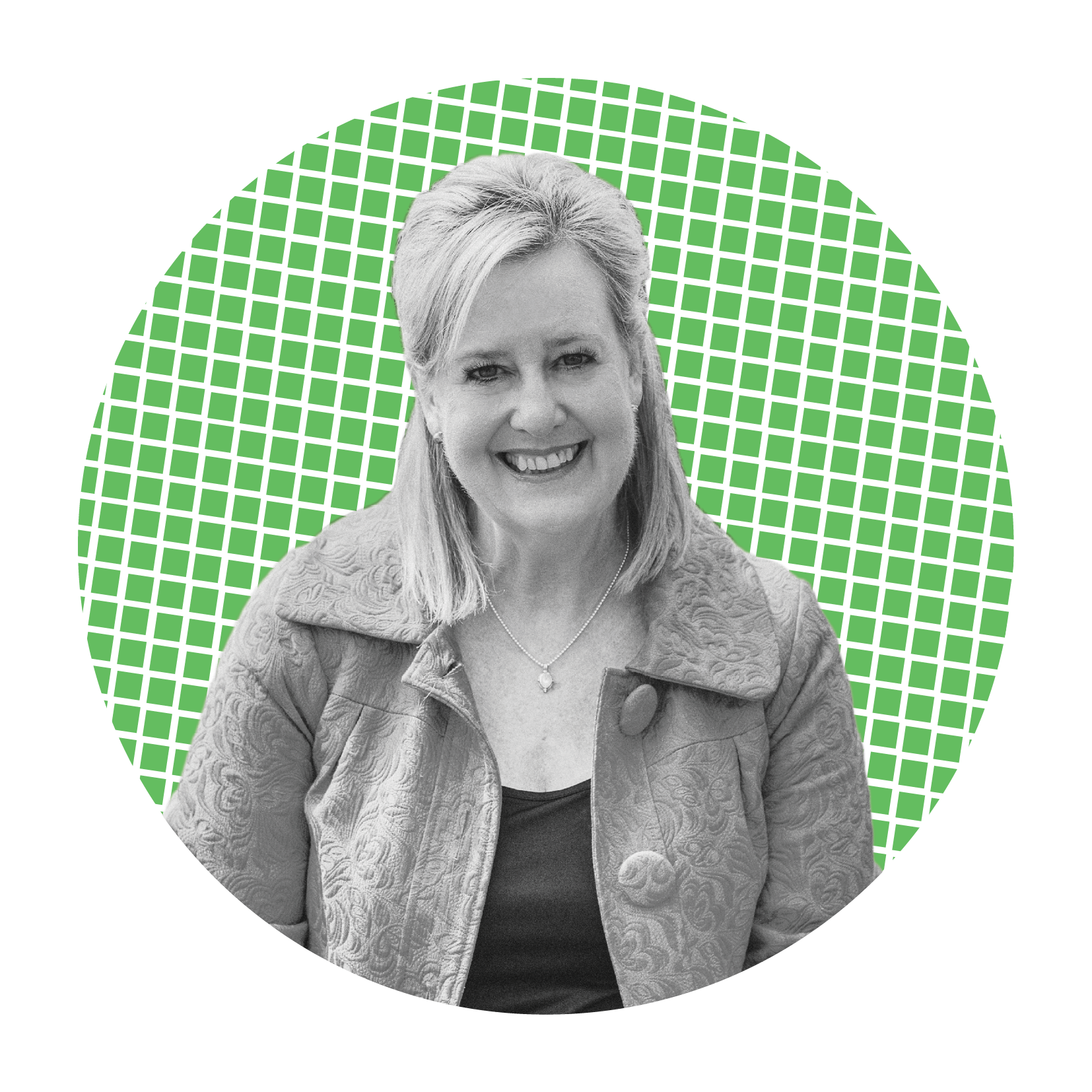
Gail Eaton-Briggs
Gail has a long history of working with, coaching and mentoring people across both the government and private sector. Her expertise lies in children’s services, vocational education and training, child safety, family violence and family group conferencing.
Gail loves seeing others doing well and thriving. In 2019 she started her own practice, Everywhen Solutions. She uses her passion and expertise in facilitation, leadership, people development, communication, mentoring, writing and planning to develop bespoke solutions for her clients.
Gail is committed to the concept of lifelong learning and holds a Master of Public Administration, Bachelor of Social Science (Human Services) Child Care, Certificate IV in Training and Assessment, CIV in Celebrancy and a Company Directors Diploma. She is a Certified Practitioner in the i4 Neuroleader Model™️ (www.aboutmybrain.com), using neuroscience to build healthy and high performing leaders and an Accredited Consultant in DISC Advanced®, a tool to help individuals and teams know their natural and adjusted behavioural workplace style.
Gail’s COVID project was to write the book that she had dreamt of for a very long time. My Conscious Grit Model is making a difference in the lives of her readers – just what she aimed to do.
- Read more about Lyndsay
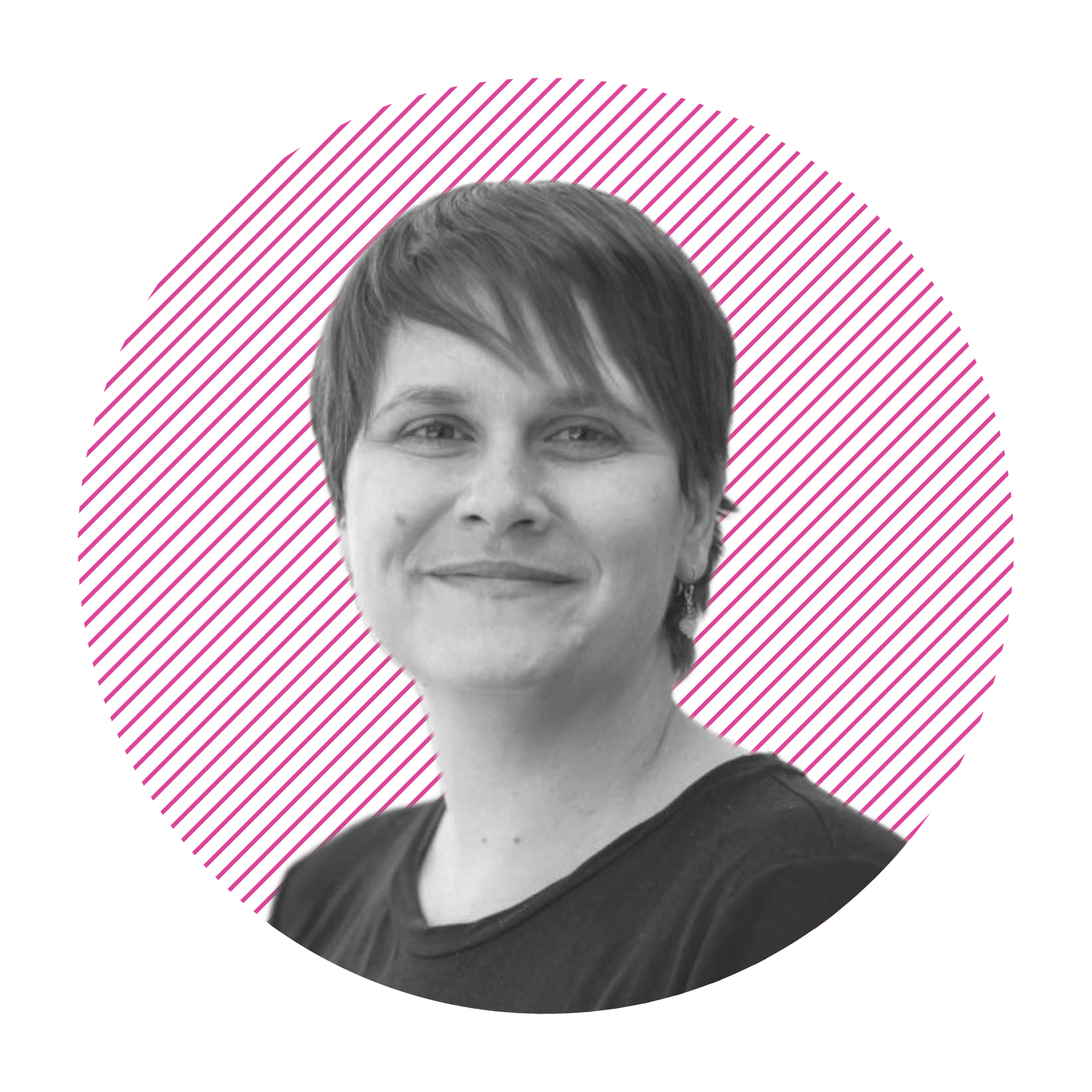
Dr Lyndsay Quarmby
Lyndsay’s work as a clinical psychologist spans over 17 years working clinically with children and families and in the supervision across disciplines on early assessment and intervention. Lyndsay has worked in government, not for profit and the private sectors in senior management positions and as a practicing clinical psychologist. Currently, Lyndsay is the Director and Principal Clinical Psychologist of Emerge Allied Health. Emerge is paediatric multi-disciplinary allied health practice across the North and East Coast of Tasmania. In addition, Lyndsay is a co-director of the Hummingbird Haven. Hummingbird Haven is a not-for-profit organisation committed to enhancing mental health outcomes to those most vulnerable in our community through providing easily accessible and free or affordable access to mental health intervention.
Lyndsay completed her Undergraduate and Doctorate in Clinical and Health Psychology at the University of Newcastle, NSW. Lyndsay has complimented her clinical role with a passion for research in the areas of childhood development and neurodevelopmental differences, namely the early surveillance of autism, along with research on creating sustainable rural health workforces. During her time as a Lecturer in Rural Health at the University of Tasmania she was author on a range of publication’s, presented national and internationally at conferences and had many successful grant applications, namely in the areas of early surveillance for autism, promoting the early years sector in working with children with disabilities and carers wellbeing. Lyndsay has previously served as a panel member on the Minister’s Autism Advisory panel.
Lyndsay is passionate for delivering sustainable services and building the collective capacity of communities in rural and regional areas to support children and their families. Lyndsay is committed to the shared ethos of B4 and how we can nurture the whole village to raise happy and healthy children.
- Read more about Andrew

Professor Andrew Hills
Andrew is a passionate educator and public health advocate. Originally trained as a health and physical education teacher in Tasmania, Andrew spent much of his career interstate and overseas before returning to the state in 2016 as Professor of Exercise and Sports Science. Andrew completed a Master of Science degree at the University of Oregon where he specialized in physical growth and development of children and a PhD on locomotor characteristics of children with obesity from The University of Queensland.
Andrew is a prominent exercise scientist with expertise in physical activity and obesity. For many years he was Professor of Energy Metabolism at Queensland University of Technology and in 2011 was appointed Professor of Allied Health Research at Mater Mothers’ Hospital, Brisbane and affiliated with Mater Research Institute – The University of Queensland. Since returning to the University of Tasmania, Andrew has also completed a 2-year term as Associate Dean in the College of Health and Medicine.
During his career, Andrew has led numerous international projects with the Division of Human Health, International Atomic Energy Agency (IAEA) on undernutrition and overnutrition in the developing world, including a multi-country study on infant body composition co-funded by The Bill & Melinda Gates Foundation. He has also completed assignments with the International Olympic Committee (IOC) and World Health Organization (WHO) on the benefits of a healthy lifestyle and obesity prevention. He was the first non-medical President of the Australian and New Zealand Obesity Society (ANZOS).
In addition to his broader contributions to the field of physical activity and health, Andrew is passionate about improving the activity and eating behaviours of mothers and young children.
- Read more about Regina
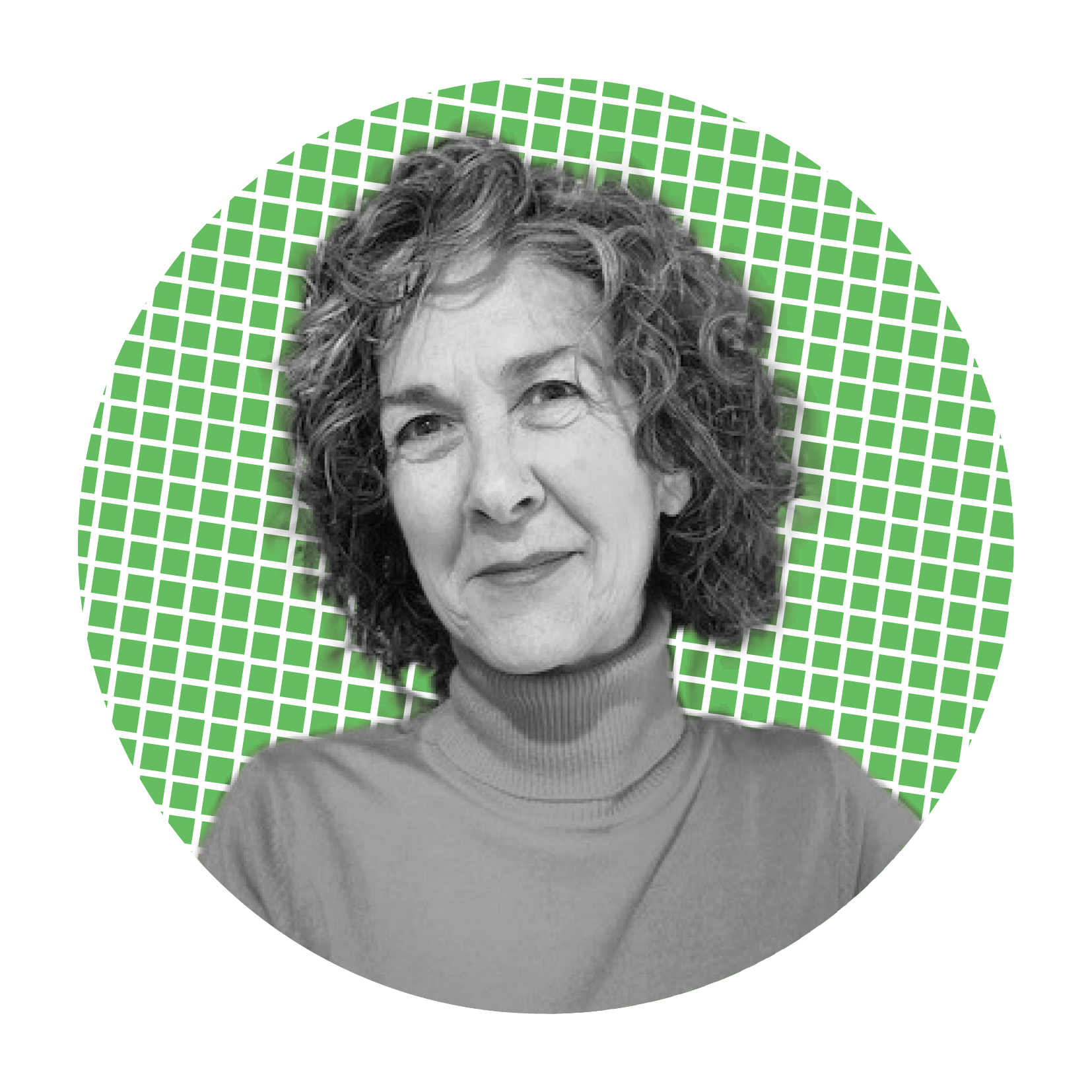
Regina Thompson
Regina has been an educator for more than 30 years and held senior leadership roles in schools and in the Northern Territory Department of Education.
Her expertise lies in developing and leading teams, providing pedagogical leadership and professional learning to support the development of staff. In her most recent leadership role she was responsible for the strategic direction, policy, and partnerships of the Territory’s flagship program Families as First Teachers (FaFT).
Regina managed significant partnerships with the University of Melbourne’s Graduate School of Education. The research projects – a 5 year Linkage study – Building a Bridge into Preschool in Remote Northern Territory Communities used the Abecedarian Approach Australia and became known as 3a. Consequently a smaller research project was developed to support Aboriginal staff and EALD learners – the 3a Online Coaching Study and the ongoing 3a Training Partnership.
Regina’s current ambition is to better understand neuro science and its impact on the development of very young children. She has committed over 200 hours to studying Self Reg, Dr. Stuart Shanker’s framework for understanding stress and managing energy and tension to support self-regulation, a pre requisite for learning.
- Read more about Chloe
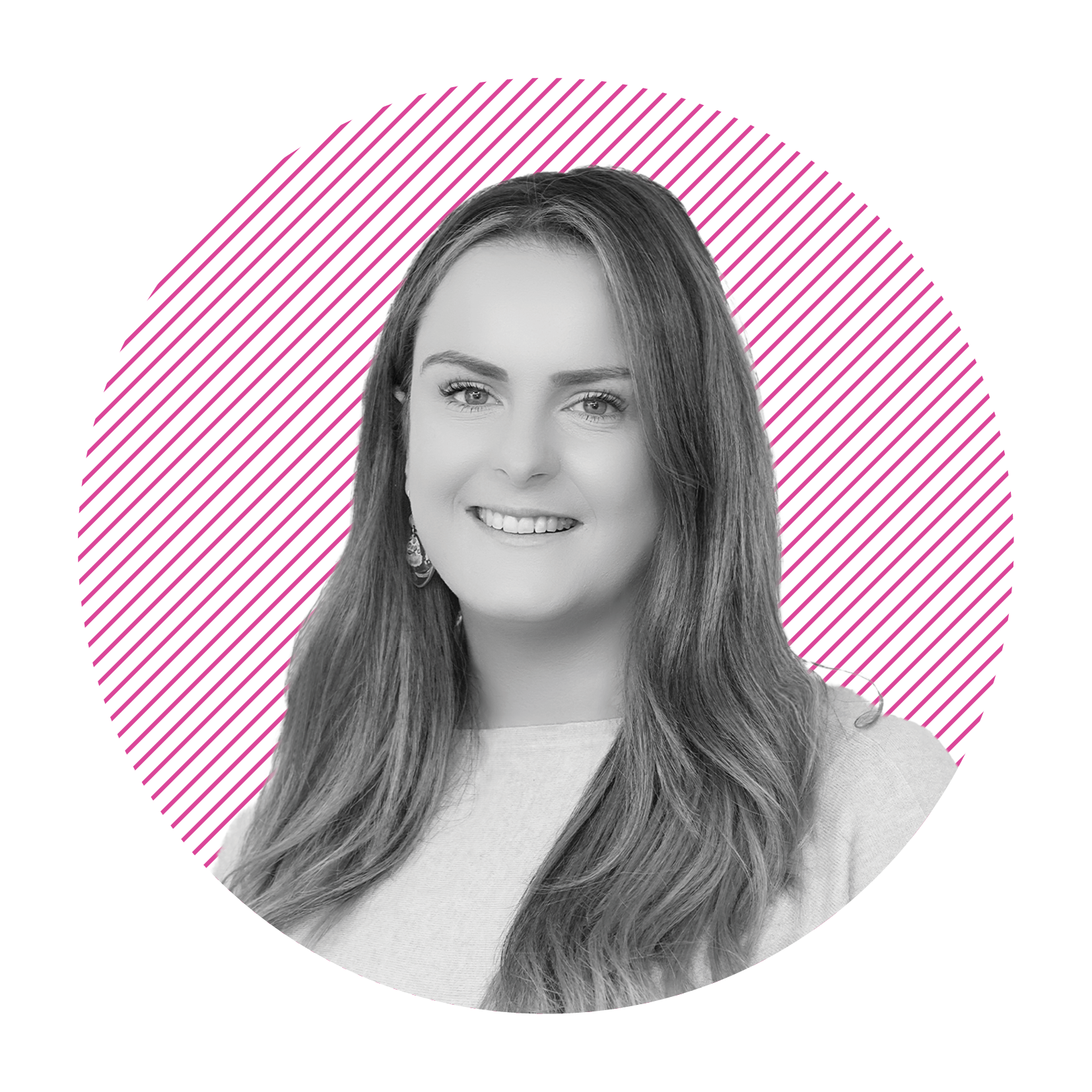
Chloe Woolnough
Chloe is a proud Palawa woman. She has a strong interest and commitment in empowering communities to build upon their strengths and have their voice and stories heard.
Experienced in the early years sector, Chloe has provided her knowledge and experience to working with children birth to 12 years and their families. In her previous role at the Aboriginal Children Centre, she worked within the Aboriginal Community supporting children and their families to prepare and transition to school. Chloe was guided by the children and families in developing a safe and supportive environment. This allowed children to access and make connection to their culture providing them with a strong sense of belonging.
In her current role with the Connected Beginnings Program, she enjoys supporting communities and service providers to collaborate to identify and overcome challenges. These include closing the gaps in education and health for Aboriginal Children with a result of increasing their school readiness.
- Read more about Jacinda
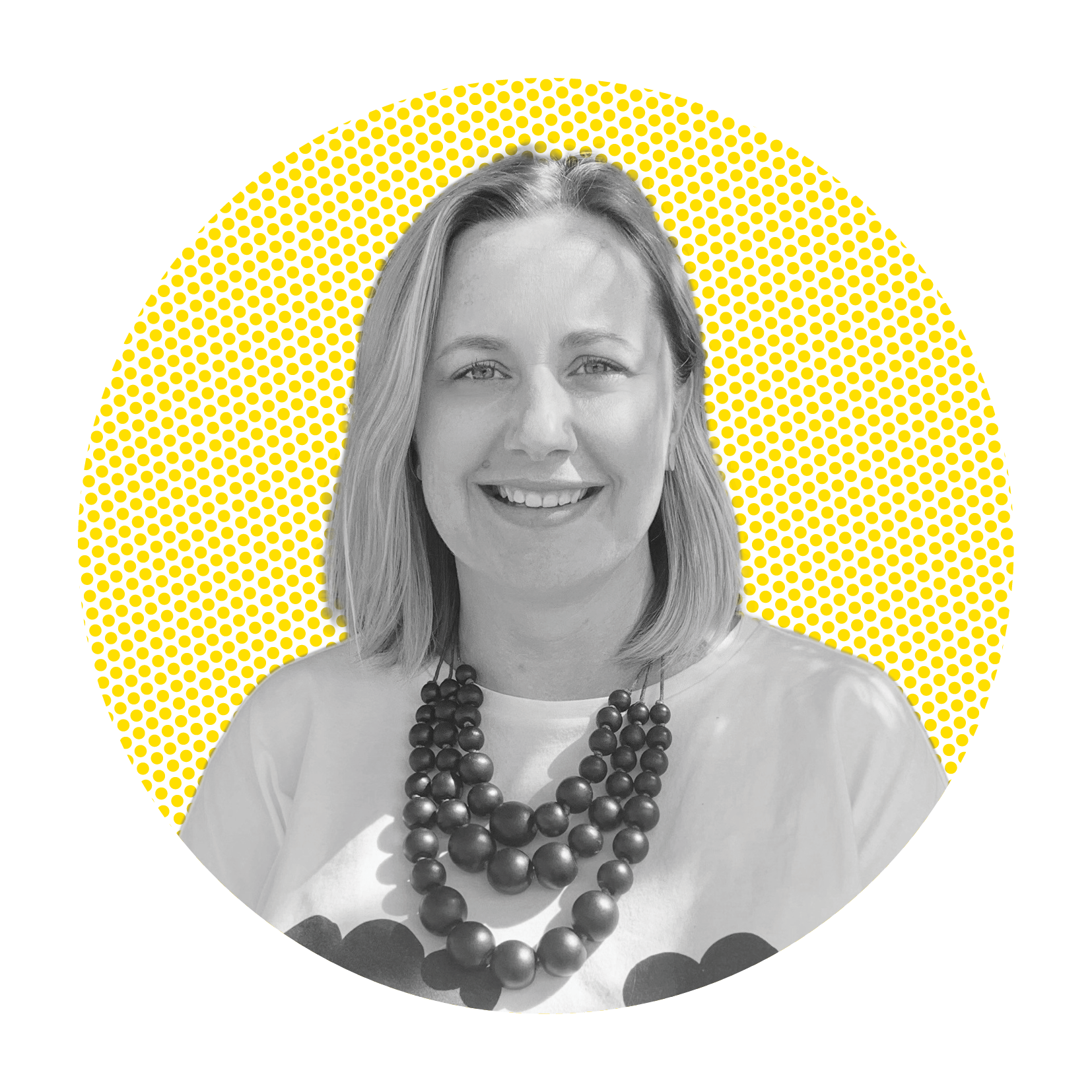
Jacinda Armstrong
Jacinda is passionate about supporting parents and families in their roles as their children’s first teachers. As the current CEO of playgroup Tasmania, Jacinda works with her team to develop playgroup communities that model child safe, child friendly spaces and set the standard for families’ future interactions with education, health care and other vital systems and supports.
Having worked in project management, public policy and strategic planning across the regional development, primary health and community sectors, Jacinda is experienced and well-equipped to ensure the voices of Tasmanian families and children are heard by decision-makers.
- Read more about Monique
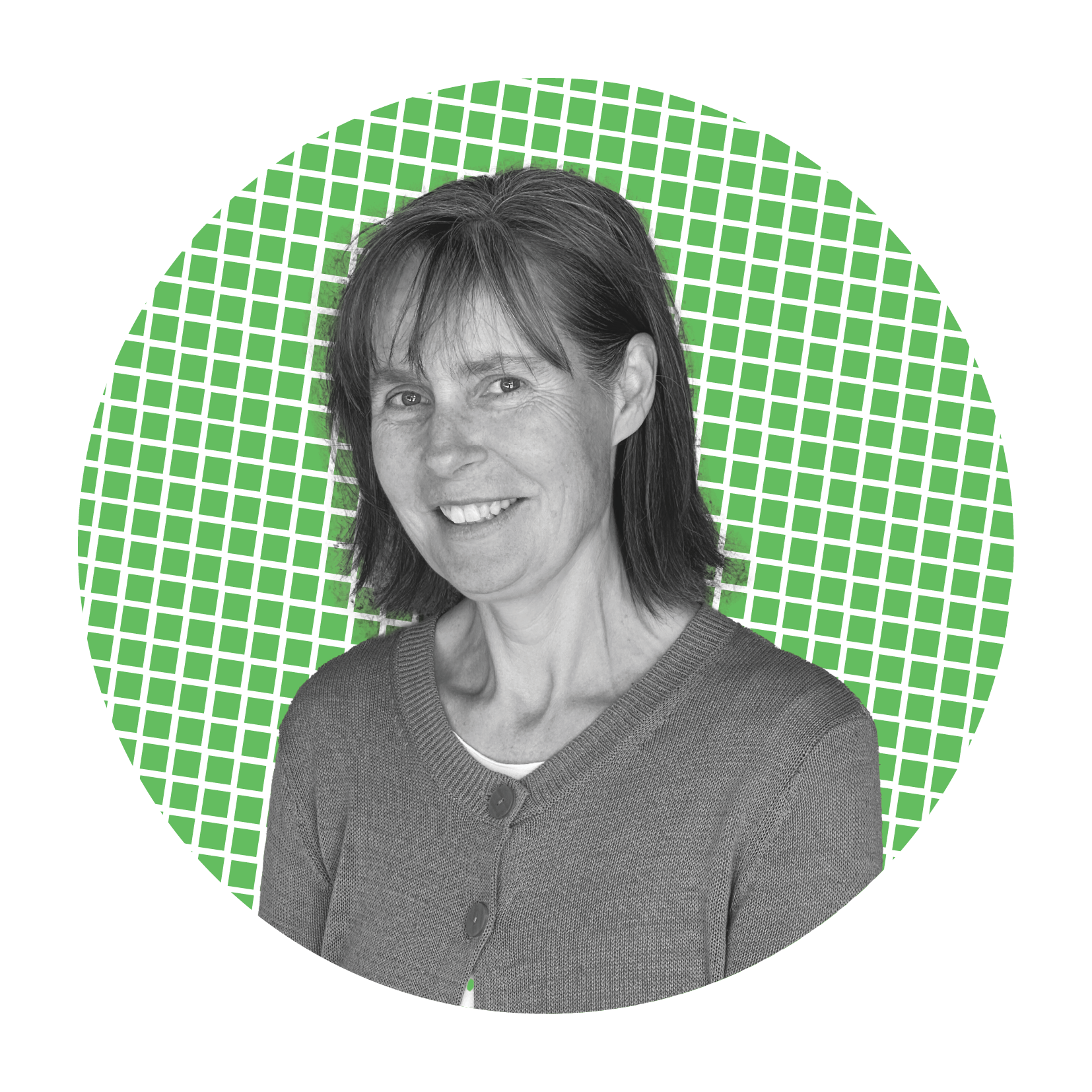
Monique Reardon
Monique has worked as a dietitian for over 30 years in a range of settings including hospitals, community and public health nutrition.
With a focus on nutrition in the early years and school aged children, Monique has improved the knowledge and skills of health professionals and the general community on eating well through programs such as Tuckertalk and now with a strategic focus in policy development and food regulation.
- Read more about Cecillia
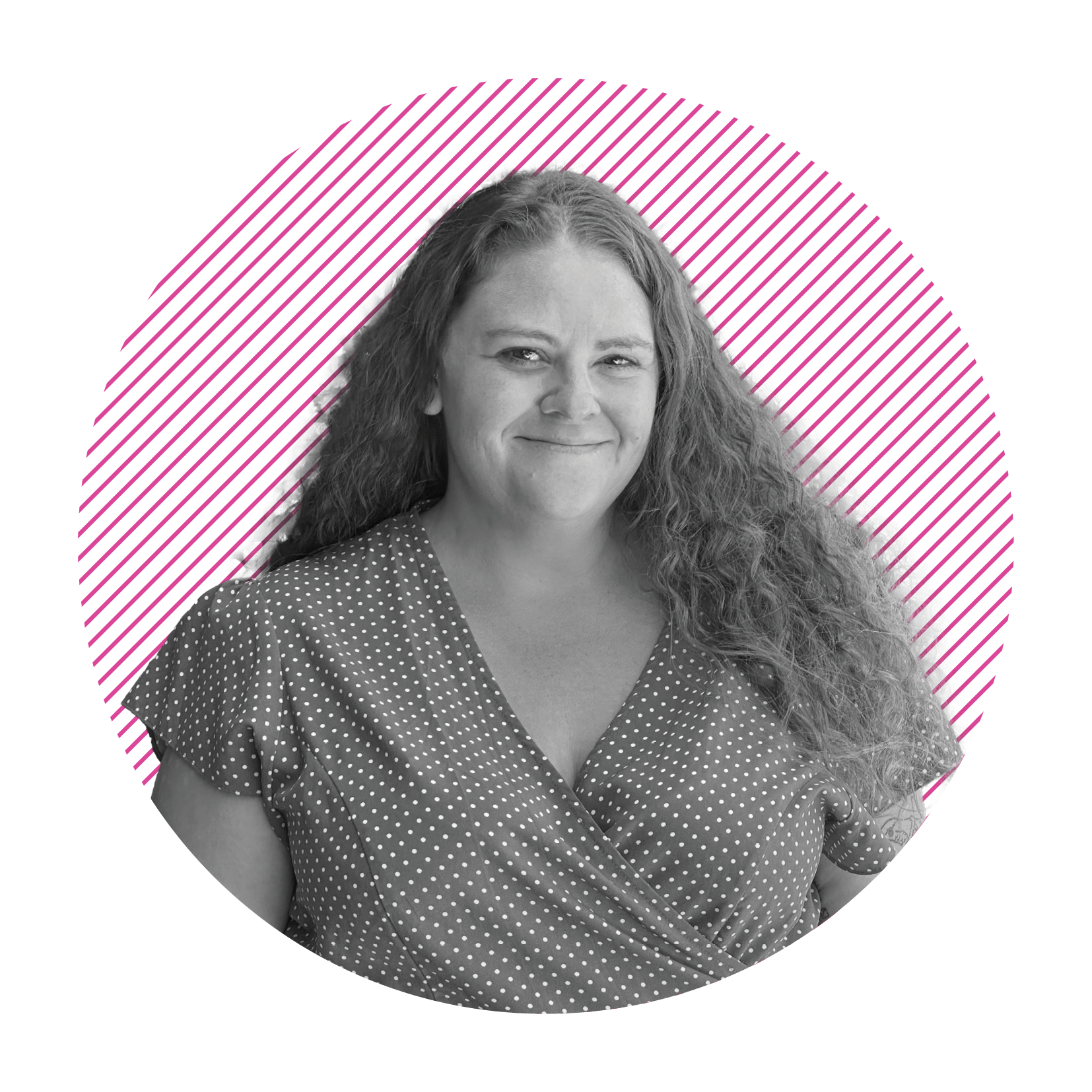
Cecillia Wheatley
Cecillia is an Aboriginal Early Years Education Worker in the East Tamar region.
Working with pregnant women and children up to 5 years of age for the last 8 years, Cecillia has extensive experience delivering educational programs and guiding families in her community to give children a positive start in life.
- Read more about Lauren
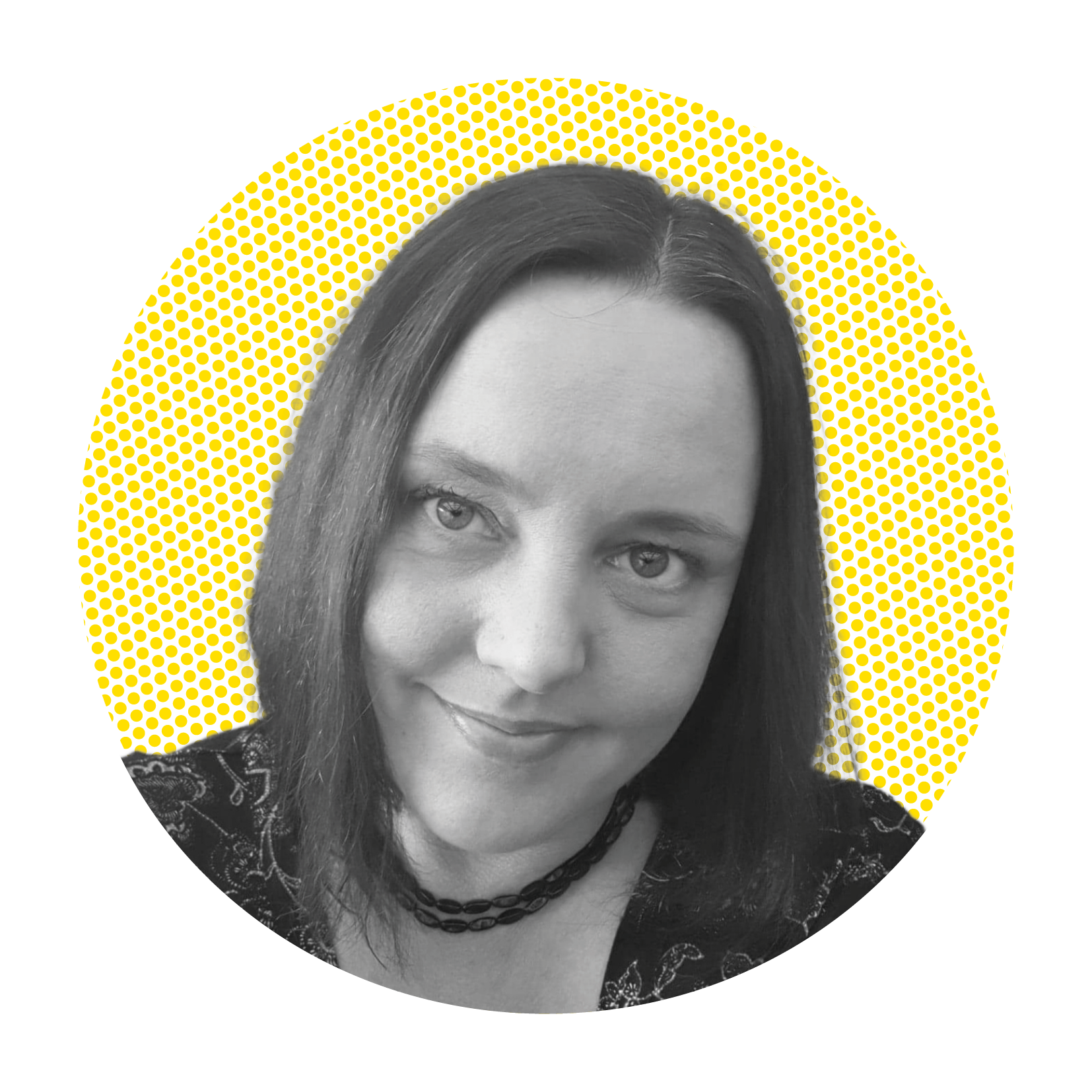
Dr Lauren Armstrong
Lauren is an early career researcher in the field of early childhood education. Lauren holds a Diploma in Children’s Services, Bachelor of Early Childhood Studies, Honours Degree of Bachelor of Education, and a Doctorate of Philosophy in Education and is currently an Early Childhood Lecturer for the University of Tasmania [UTAS] School of Education. Lauren had worked as an early childhood educator the Victorian long day care and crèche sectors, before joining the Higher Education sector as an Academic.
Lauren is a committee member of the Early Childhood Australia [ECA] Tasmania Branch, and Chair of the Northern Early Years Group [NEYG] Tasmania. Lauren strongly believes that these networks can support her ability to advocate for improved outcomes for Tasmanian educators, children, families and communities.
Lauren’s current research interests involve early childhood policy development, educational reform, teacher education and educator wellbeing and how these factors impact upon early childhood professionals. Lauren is dedicated to exploring ways to address the needs of early childhood professionals, celebrate their strengths, and provide greater opportunities for educator voices to be heard.
- Read more about Mat

Mat Rowell
Mat is the current CEO of Lady Gowrie Tasmania, a not-for-profit early childhood education and care provider with 45 services across Tasmania.
Mat is a qualified Social Worker with post graduate qualifications in Community Sector Management. Mat has spent most of his career in the community services sector working in and managing services related to children and families including a long term as CEO of Relationships Australia, Tasmania. Mat is also a former CEO of TasCOSS, a Deputy Chief of Staff to two former Tasmanian Premiers and was Chief of Staff to the first Tasmanian Minister for Human Services.
Mat is also an experienced board member, is a current Chair of Hamlet, previous Chair of Relationships Australia, National Board, previous President of TasCOSS board and is a Fellow of the Australian Institute of Company Directors.
Mat has a strong background in advising, lobbying and advocating social policy to governments at all levels. Mat’s commitment to children is that every child should have access to the education, care and support they need to achieve their full potential in life.



